Events

Building Scholarly Communities, Refining Analytical Frameworks
The events listed here have now concluded, but with the renewal of our funding a fresh series of workshops, seminars, and conferences will take place in 2013 and 2014. Join our mailing list to stay informed; in the meantime, check out 19 podcasts from our 2010, 2011, and 2012 seminars, and 39 videos from our 2011 and (soon!) 2012 conferences and our 2011 digital round table on data visualization.
Alongside the creation of new academic resources and tools, we are organising a programme of seminars, conferences, digital round tables, and workshops. These meetings are cultivating an international community of researchers reproducing the early modern networks under investigation, and focussing the attention of an interdisciplinary cross-section of practitioners on the structure and function of correspondence networks and the intellectual cultures sustained by them:
Seminars
2010 speaker Mirjam de Baar
2012 speaker Glenn Roe
An exciting series of free-standing talks from leading authorities on seventeenth-century correspondence. Status updates on world-renowned editions, richly contextualised historical case studies, cutting-edge digital approaches, and bold theoretical reflections that encourage us to think differently about early modern epistolarity:
- Seminars » 2009-10 6 podcasts available!
- Seminars » 2010-11 6 podcasts available!
- Seminars » 2011-12 7 podcasts available!
Conferences
2010 conference plenary
Mark Curran at our 2011 conference
A trio of international conferences is building a network of emerging and established scholars around three new analytical frameworks for understanding aspects of early modern correspondence: ‘Universal Reformation’, ‘Intellectual Geography’, and ‘Communities of Knowledge’. Three days of collective conceptual experiment, software demonstration, and networking opportunities:
Digital Round Tables
The 2010 round table
Follow-up conference call
A series of detailed technical meetings is supporting the creation of our union catalogue of correspondence by finalising our own data model and standards; facilitating discussion and cooperation with other institutions, projects, and individuals with an active interest in digitising early modern correspondence; and exposing open source software and tools:
Workshops
The Prague workshop
The Budapest workshop
Three workshops in Prague, Cracow, and Budapest focussed on the east-central European dimensions of intellectual networks, and attempted to identify and nurture a younger generation of scholars previously excluded from western European discussions. Combining short case studies, longer analytical reflections, and intensive engagement with primary sources, each workshop took as its theme a central component of the ‘Universal Reformation’ concept:


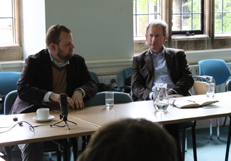
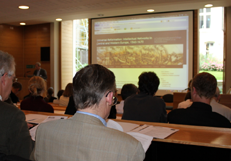
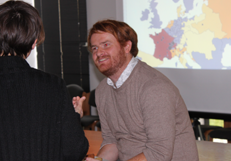
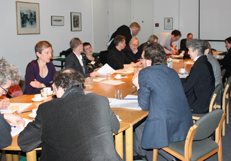
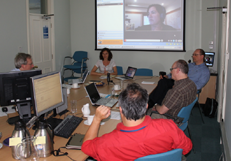
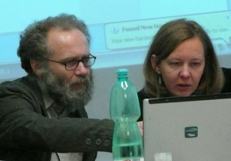
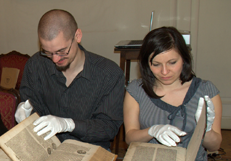
 For details of other events in the field, please visit our regularly updated
For details of other events in the field, please visit our regularly updated 
 Join
Join 